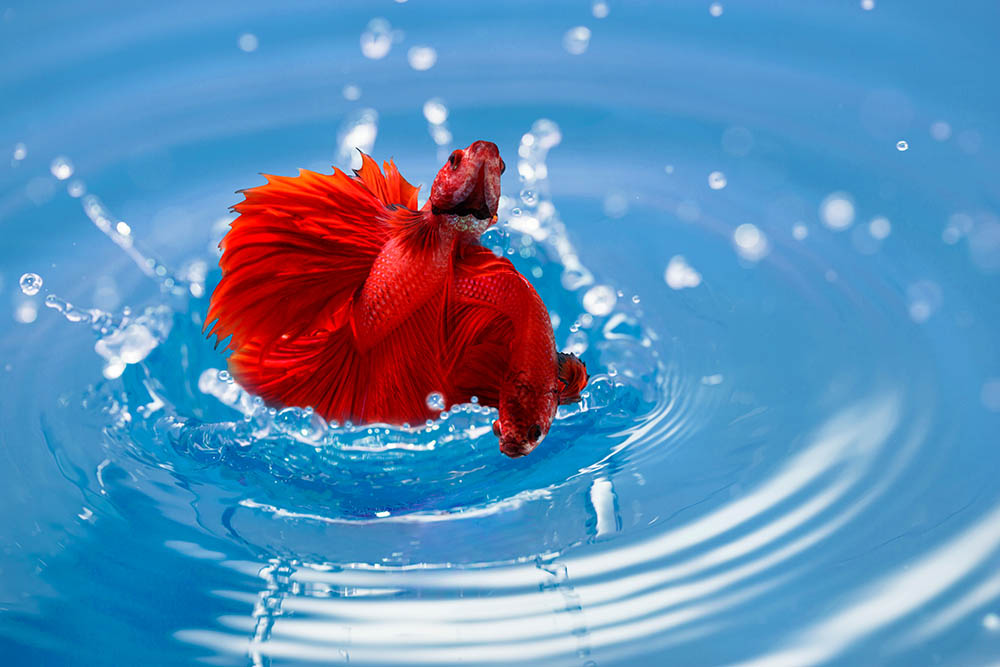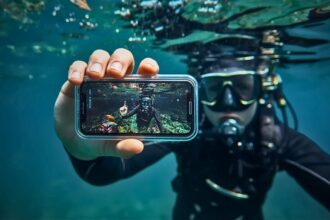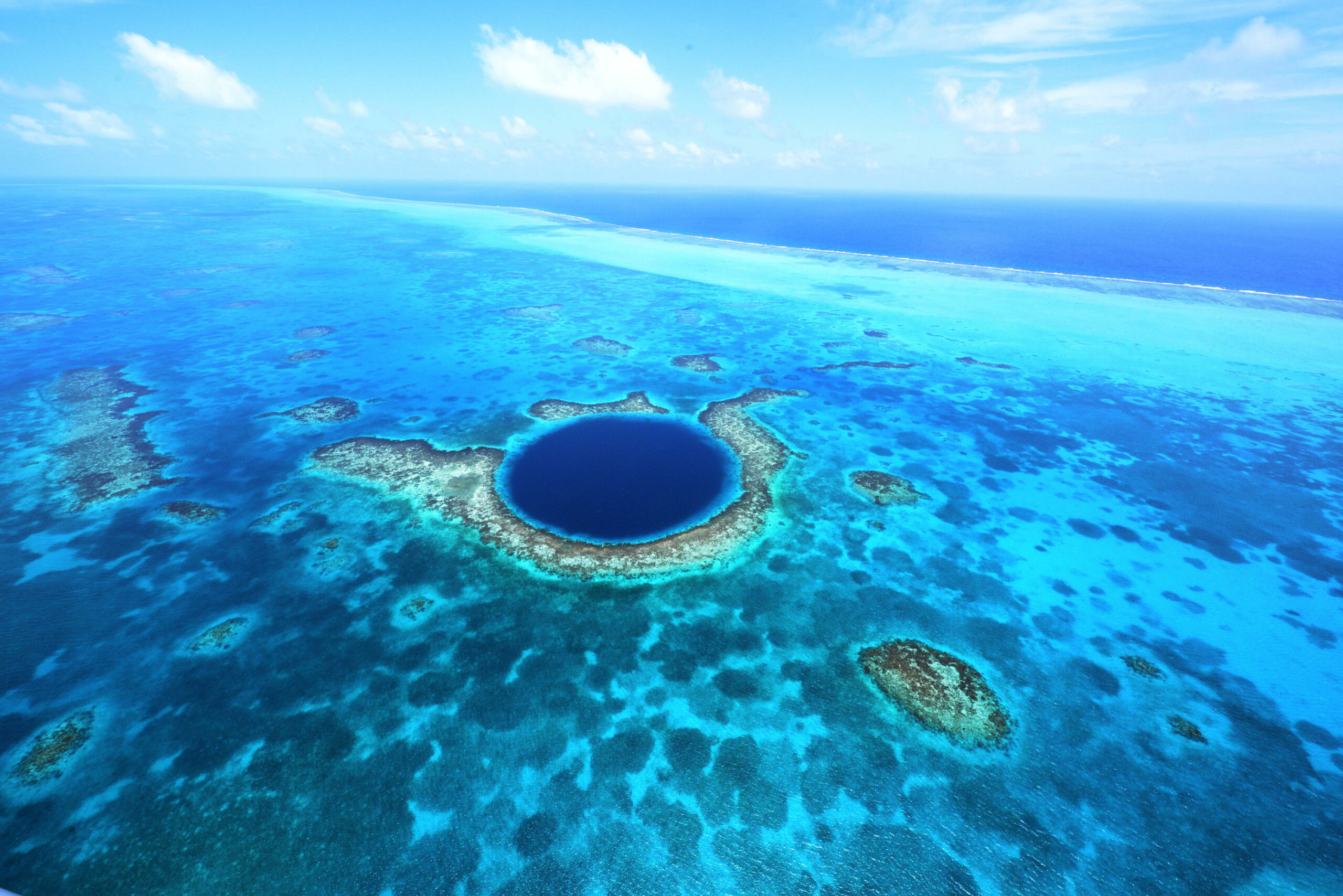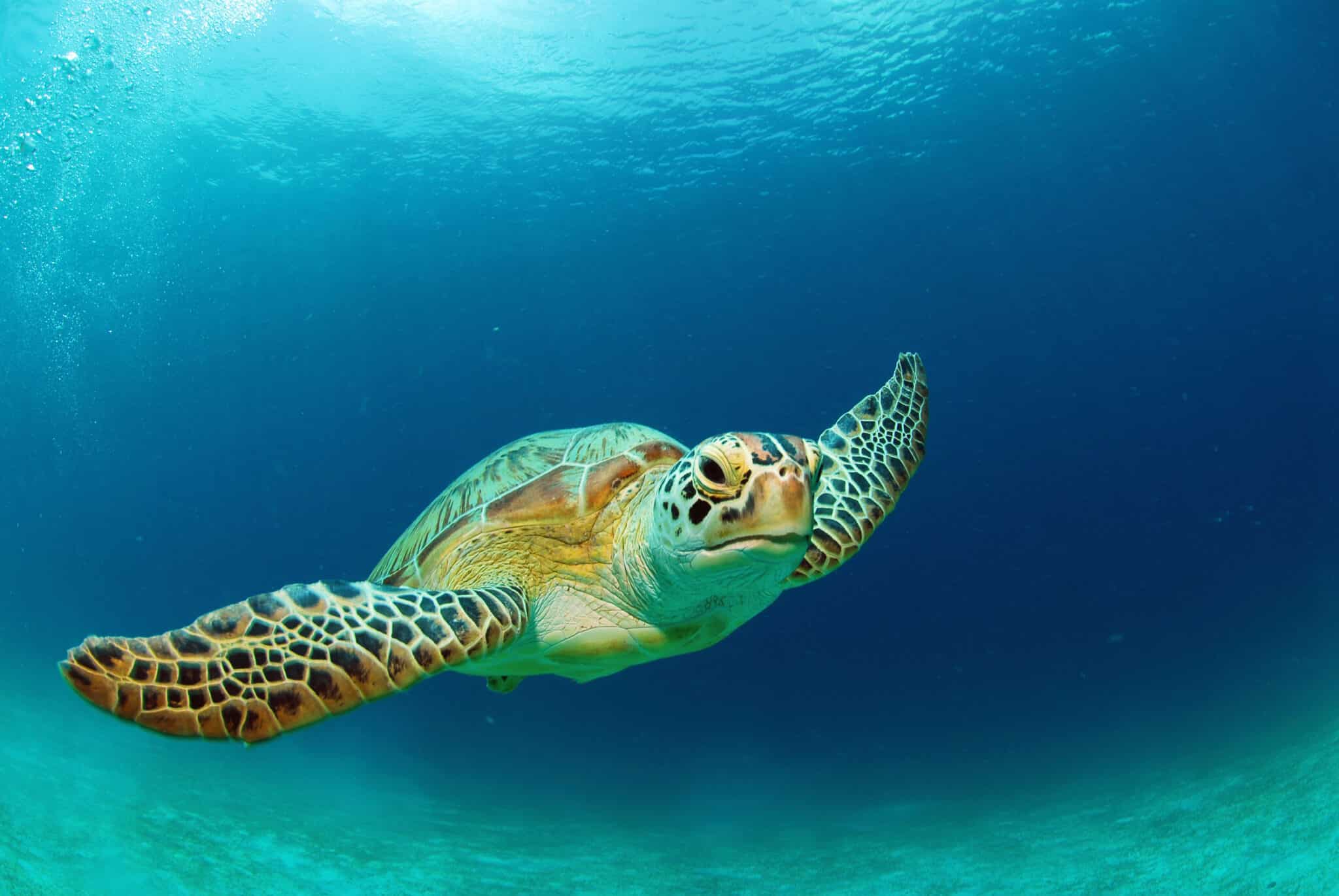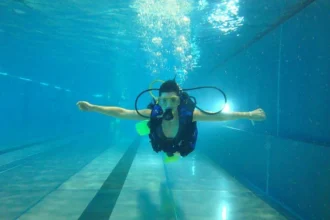Have you ever wondered how long a fish can survive once it’s out of water? Whether you’re a scuba diver exploring the ocean depths, an adventurer encountering wildlife, or an aquarium owner checking on your finned friends, this question is more common than you think. Fish rely on water not just for movement but primarily for breathing. Without water, they start losing oxygen almost immediately, and survival depends on multiple factors, including species, environment, and health. In this guide, we’ll explore the shocking facts about fish survival outside water and provide essential insights every marine enthusiast should know.
- Understanding Fish Respiration – Why Water Is Essential
- Table of Contents
- Factors That Affect How Long Fish Survive Out of Water
- Freshwater vs Saltwater Fish Survival Times
- Species-Specific Survival Examples
- Recovery and Rescue – Can Fish Survive After Being Out of Water?
- Myth vs Reality – Can a Fish Survive Without Water at All?
- How Long Can Fish Survive Without Food or in Low Oxygen?
- Real-Life Scenarios – Ocean vs Pond Survival
- Diving Insight – Lessons for Scuba Divers and Adventurers
- FAQs – People Also Ask
- Conclusion
How Long Do Fish Survive Out of Water?
- Most freshwater fish survive 2–5 minutes on dry surfaces.
- Saltwater fish generally survive 5–10 minutes, depending on species and temperature.
- Some specialized fish like mudskippers and lungfish can survive for hours outside water.
- Survival is shorter in hot or dry environments and longer on moist surfaces.
- Recovery is possible if the fish is quickly returned to water with minimal stress.
Understanding Fish Respiration – Why Water Is Essential
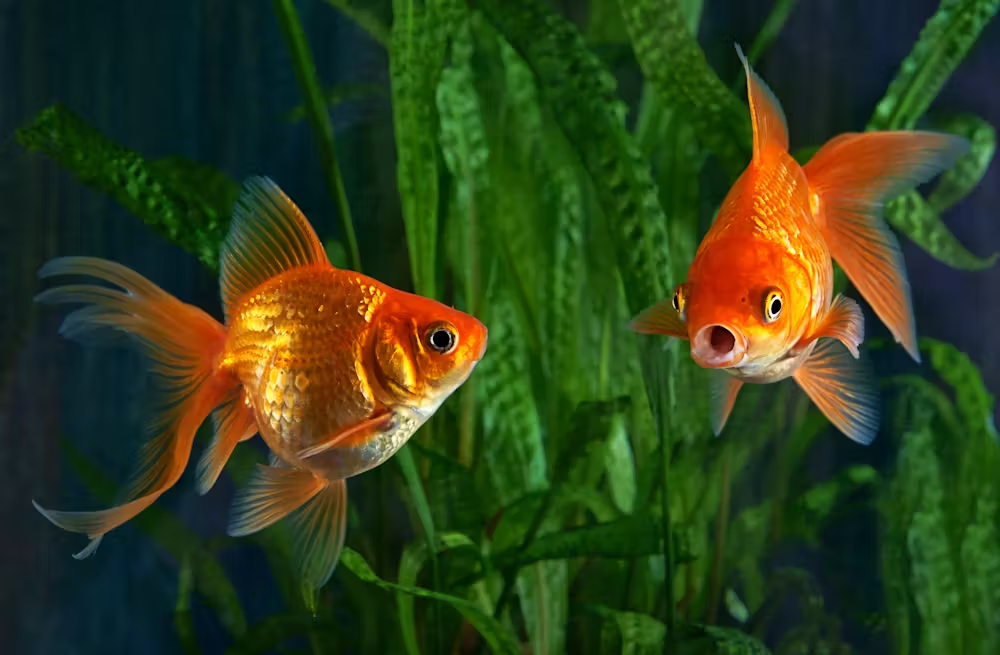
Table of Contents
Fish breathe using gills, specialized organs that extract dissolved oxygen from water. Unlike lungs, gills are highly efficient in water but almost useless in air. When a fish is removed from water, its gills collapse, and oxygen absorption drops dramatically, leading to suffocation.
| Respiration Type | Medium | Efficiency Out of Water |
|---|---|---|
| Gills | Water | Very Low |
| Lungs | Air | High |
This is why even a few minutes out of water can be fatal for most fish. Some species have evolved adaptations, such as lungfish, which can breathe atmospheric oxygen, but they are the exception rather than the rule.
Factors That Affect How Long Fish Survive Out of Water
Type of Fish Species
Fish species play a major role in survival. Freshwater fish like goldfish or carp tend to survive only a few minutes outside water. Saltwater fish, on the other hand, sometimes endure slightly longer due to adaptations to variable oxygen levels in the ocean. Some amphibious species, such as mudskippers and walking catfish, have unique adaptations that allow them to survive for hours on land.
Environmental Conditions
Temperature, humidity, and surface moisture greatly influence survival times. A fish on a wet, cool surface can survive much longer than one on dry, hot pavement. High heat accelerates oxygen loss and increases stress.
Fish Size and Health
Smaller fish often dry out faster but may use less oxygen. Large fish may survive longer in water but suffocate more quickly on land due to the sheer volume of oxygen their bodies require. Healthy fish have a better chance of surviving brief exposure, while stressed or sick fish succumb faster.
Freshwater vs Saltwater Fish Survival Times
Freshwater and saltwater fish differ in tolerance to oxygen deprivation.
- Freshwater fish generally survive 2–5 minutes out of water.
- Saltwater fish can survive slightly longer, around 5–10 minutes, depending on species.
| Fish Type | Typical Survival Out of Water |
|---|---|
| Goldfish | 2–5 minutes |
| Carp | 3–6 minutes |
| Catfish | 10–15 minutes (air-breathing species) |
| Mudskipper | Several hours |
| Lungfish | Days (in moist mud) |
These figures illustrate why handling fish carefully during fishing or aquarium maintenance is crucial.
Species-Specific Survival Examples
How Long Can a Goldfish Survive Out of Water?
Goldfish are classic freshwater species with gills that require constant water flow. They typically survive 2–3 minutes out of water. Quick rescue is essential, and always handle goldfish with wet hands to minimize gill damage.
How Long Can a Carp Fish Survive Out of Water?
Carp are slightly hardier and can survive 3–6 minutes, depending on size and health. Carp caught during fishing should be returned immediately to water to prevent stress and gill damage.
How Long Can Catfish Survive Out of Water?
Certain catfish species, like walking catfish, can breathe air using specialized structures. These fish may survive up to 10–15 minutes outside water or even longer in moist environments. However, most common catfish cannot survive longer than a few minutes without water.
Recovery and Rescue – Can Fish Survive After Being Out of Water?
Yes, fish can recover if quickly returned to water. Follow these steps:
- Handle the fish gently with wet hands or a wet cloth.
- Return the fish to clean, oxygen-rich water.
- Keep it calm and avoid immediate feeding — let the fish recover.
- Observe for stress signs like erratic swimming or gill damage.
Recovery is time-sensitive: the longer a fish stays out of water, the lower the chances of survival.
Myth vs Reality – Can a Fish Survive Without Water at All?
Contrary to popular belief, no fish can survive permanently without water. Some species, like mudskippers, have adapted to temporarily breathe air, but they still require water or moist environments to survive long-term. Even lungfish, which can survive months in mud during drought, rely on moisture and oxygen from air to sustain life.
How Long Can Fish Survive Without Food or in Low Oxygen?
Starvation affects survival differently than oxygen deprivation. A healthy fish can survive weeks without food in water, but being out of water dramatically shortens survival time. Oxygen scarcity, caused by shallow water or high temperature, also increases stress and mortality.
- How long can a fish survive without food
- Fasting alone doesn’t pose immediate danger, but combined with air exposure, survival drops to minutes.
Real-Life Scenarios – Ocean vs Pond Survival
How Long Do Fish Survive Out of Water in the Ocean?
Ocean fish face challenges like salinity and temperature fluctuations. Most survive 5–10 minutes outside water, but a few species adapted to intertidal zones can last hours.
How Long Do Fish Survive Out of Water in a Pond?
Pond fish, such as goldfish and carp, survive only a few minutes out of water. Shallow pond environments with warm temperatures reduce oxygen availability, making brief exposure critical.
Diving Insight – Lessons for Scuba Divers and Adventurers
Understanding how long fish survive outside water is vital for scuba divers and adventurers:
- Avoid removing marine life from water unless absolutely necessary.
- Observing fish in their natural habitat teaches respect and helps prevent accidental harm.
- Responsible diving promotes marine conservation.
For more on safe diving practices, explore scoobadive.
FAQs – People Also Ask
1. Can a fish survive without water?
No fish can survive permanently without water. While some species can breathe air temporarily, they still need water or moist environments to regulate temperature, gill function, and hydration.
2. How much time can a fish survive outside water?
Survival depends on species, size, and environment. Most fish live 2–10 minutes out of water, while some air-breathing species can survive hours.
3. Will a fish recover after being out of water?
Yes, if returned quickly to water. Use wet hands, calm the fish, and observe recovery. Stress and gill damage can reduce survival chances if exposure is prolonged.
4. Which fish live longest out of water?
Mudskippers, lungfish, and walking catfish are the champions. They have adaptations to breathe air and survive in moist environments for extended periods.
5. Why can some fish breathe air while others can’t?
Adaptation is key. Fish like lungfish and mudskippers evolved specialized organs for air-breathing. Most species rely solely on gills, making them vulnerable when removed from water.
Conclusion
Fish survival outside water is limited and highly dependent on species, environment, and health. Freshwater and saltwater fish generally survive only a few minutes, while specialized species can endure longer in moist environments. For scuba divers, adventurers, and aquarium owners, understanding these facts is essential for responsible handling, marine conservation, and animal welfare. Always prioritize returning fish to water quickly and safely — a small action can save a life.
By knowing how long fish survive out of water, you not only gain insight into their fascinating biology but also improve your skills in diving, marine observation, and aquarium care.
